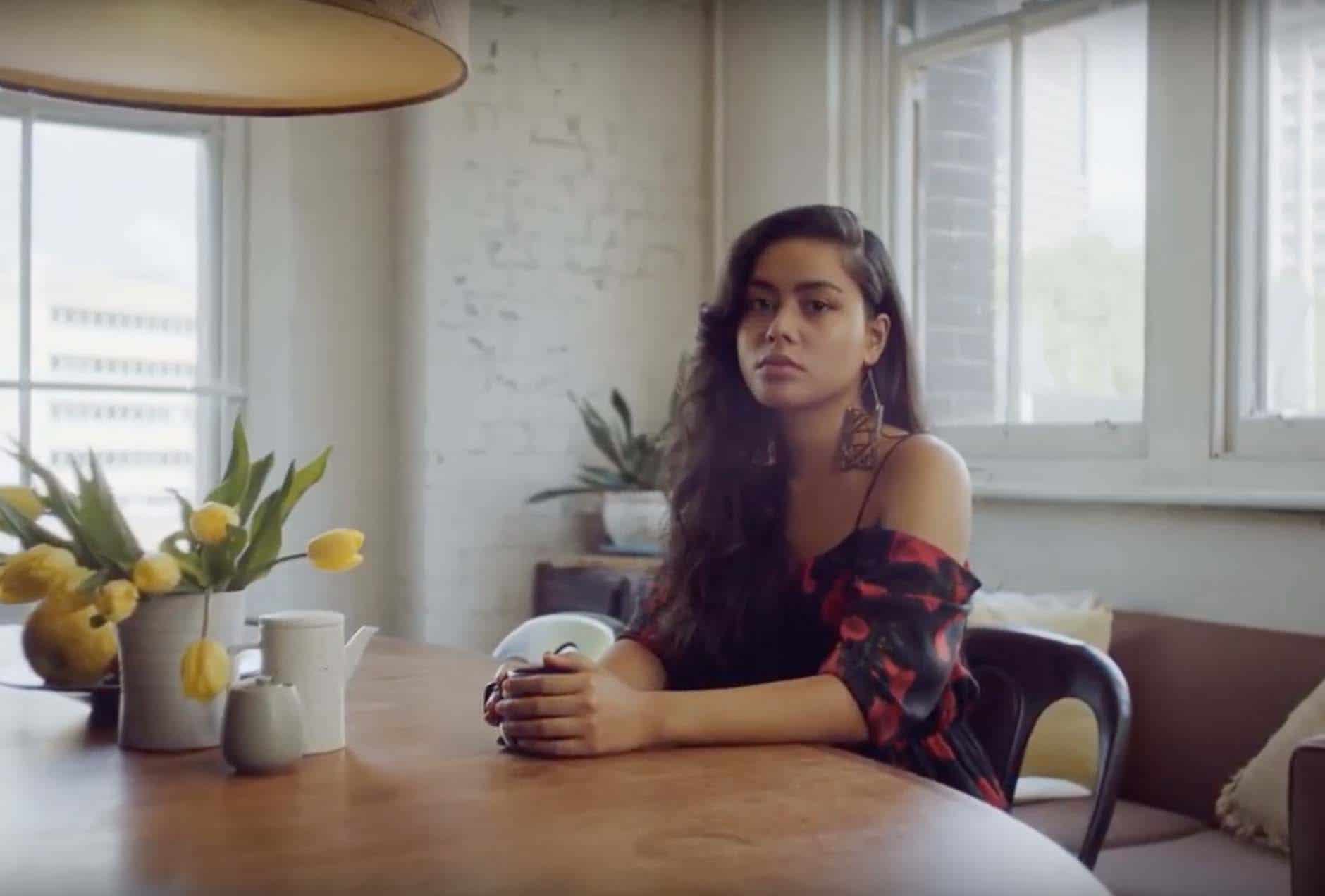With global uncertainty at an all time high, it's a good reason to take a moment and celebrate Harmony Week 2020.

Harmony Week (March 15 – 21) celebrates multiculturalism and the integration of migrants into the community. Like the name suggests, the day is about respect, inclusiveness and belonging for all Australians, regardless of cultural or linguistic background, united by a set of core Australian values.
This year, Australian luxury tea brand, T2, are taking a stand against micro-ignorance, to end pervasive discrimination against culture, gender and identity. They're doing so by highlighting four award-winning Australian slam poets and creating a platform for everyone to share their story.
Micro ignorance is a little known phenomenon, however it’s a pervasive form of discrimination, found in the everyday verbal, nonverbal, and environmental slights or insults, (either intentional or unintentional), directing derogatory messages.
“Despite the common belief that we embrace diversity as a nation, the prevalence of micro ignorance reveals many Australians are guilty of failing to accept each other’s differences, resulting in much pain for those on the receiving end,” says T2 Global Brand Director Amy Smith.
Here, RUSSH talks with four award-winning slam poets on the significance of Harmony Week, and their passion for the craft of slam poetry.
Anisa Nandaula
What drew you to Slam Poetry as a form of personal and creative expression?
I was born in Uganda Kampala and then I moved to Australia when I was about six or seven years old. We came straight to Rockhampton, which was interesting because I was the only black person in my school. When I was in high school we were asked to write a story about our lives, and I remember sitting down and looking at all these books and thinking about my cousins back home in Uganda who couldn’t afford to get an education. All I could think was, "How is this fair? This is not right." And it manifested itself in poetry, I felt that I owed it to my family back home.
How does Slam Poetry allow you to process the world around you?
Moving to Australia and living between two worlds made it hard for me to process my identity. Growing up I didn’t feel like I was African, because I grew up here. So it felt like having two feet in both worlds and not having the language to understand it as a young person. Poetry became my way to understand and dissect all the notions of culture and race, and what it means to be Australian and Ugandan.
Emilie Collyer
What are the themes that you most commonly explore in your Slam Poetry?
I explore many different themes in my work, one being on ageism and stereotyping. On the whole, I’m incredibly lucky ... I’m a white, middle-class woman, well-educated, and I can move through the world with a great deal of confidence. However there are things that certainly as a woman in a culture that still feels like it is dominated by male values. You come up against assumptions as you get older. You’re less interesting, you’re less relevant. And you’re out of touch, and all those little jokes of, "Ah well, you don’t get the younger generation". And it’s sort of like, well, can’t there be cross-pollination?
What does Harmony Week mean to you?
Harmony Week is a time to listen, learn and most importantly, celebrate the diversity of all Australians. T2 is encouraging Australians to listen, have ordinary conversations with people and be curious.
Eunice Andrada
What drew you to Slam Poetry as a form of personal and creative expression?
I started writing poetry seven years ago, just as an outlet ... about a year after I came to Australia from the Philippines. And that was when I really started writing poetry and actually considering myself a poet.
What are the themes that you most commonly explore in your Slam Poetry?
I am very considered in my approach to poetry. I think about the possible outcomes or reactions and I try to do it as openly as I can to open that dialogue afterwards, especially if I’m talking about something really hard. Some of the poems I talk about, for example, are recovering from traumatic events or family violence, things like that. I want people to take away the thought that people who experience these things do exist. We’re here and we’re speaking out, and if their stories mirror my own stories then they should find a platform. Whether it’s poetry or something else, to speak out so that they don’t feel alone and so invisible.
Jesse Oliver
How does Slam Poetry allow you to process the world around you?
I think the role I play with my poetry is just injecting a little tiny bit of hope. All of my poetry comes down to love, openness and acceptance of everyone.
What does Harmony Week mean to you?
I think it’s about being more aware of micro ignorance, ignorance across the board for any issue. We form an understanding of the world we live in based on our experiences and we also have the ability to tailor those experiences. The most important thing we can do this Harmony Week is create a safer space to sit and listen to people, so that we can continue to build a world where people from different backgrounds can authentically be themselves.



